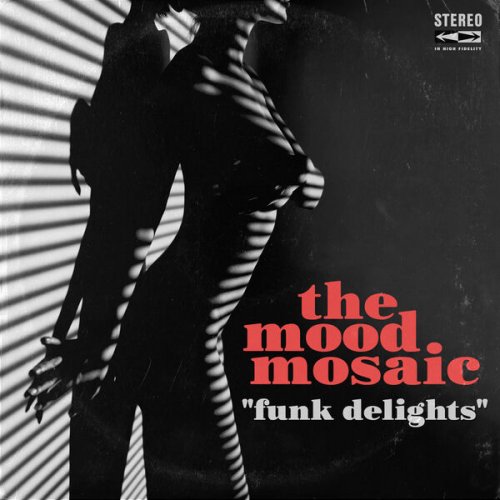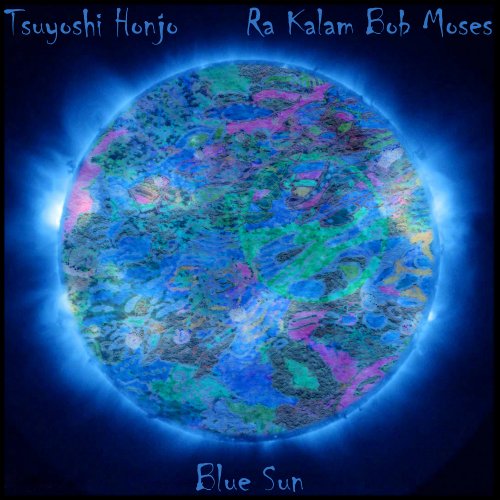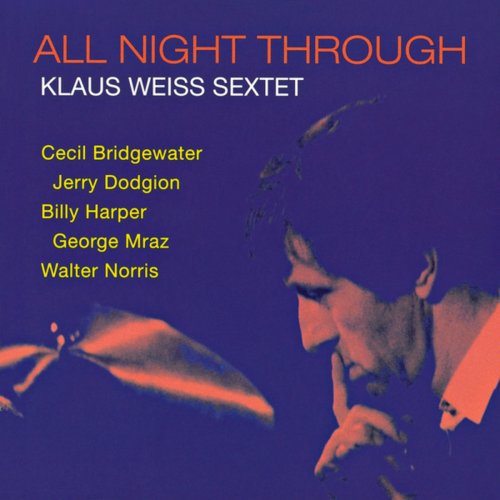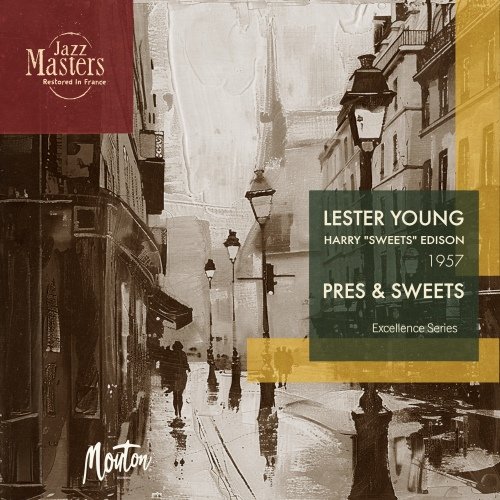Felipe Gomide - Forrobodó Oriental (2023) [Hi-Res]
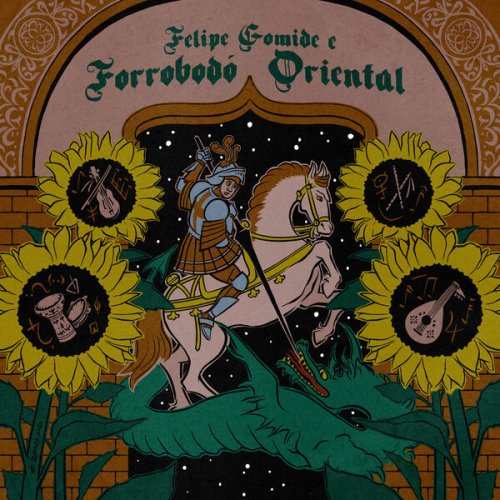
Artist: Felipe Gomide
Title: Forrobodó Oriental
Year Of Release: 2023
Label: Felipe Gomide
Genre: World Fusion
Quality: 16-bit/44.1kHz FLAC; 24-bit/48kHz FLAC
Total Time: 36 min
Total Size: 287; 507 MB
WebSite: Album Preview
Forrobodó OrientalTitle: Forrobodó Oriental
Year Of Release: 2023
Label: Felipe Gomide
Genre: World Fusion
Quality: 16-bit/44.1kHz FLAC; 24-bit/48kHz FLAC
Total Time: 36 min
Total Size: 287; 507 MB
WebSite: Album Preview
Forrobodó Oriental presents the authorial work of the brazilian fiddle player, Felipe Gomide. The project, predominantly instrumental, delves into the fusions between Brazilian regional manifestations; such as forró, and côco, with the magic of oriental music, developed by the people Arabs, Turks, Gypsies and Persians.
With an unusual formation, the band features oriental instruments such as; derbake and riqq, besides brazilian zabumba, pandeiro, triangle and agogôs. The melodies are constructed with fiddle and fife (rabeca e pífano), alongside with Arabic Oud, Turkish clarinet and nay flute. Brazilian Viola caipira and accordion makes the main harmonies, and the souzaphone stays in the bass.
In the new album, there are important musical contributions, such as the multi-instrumentalist, Carlos Malta, the pianist, Henrique Gomide (Caixa Cubo), and the accordion player, Gabriel Levy. Also participating in the project were singers, Master Penha, Janayna Pereira, and Katerina Douka (Greece), in addition to several renowned musicians on the Brazilian instrumental scene such as Mario Aphonso III, Nathanael Sousa, Ricardo Barros and Guegué Medeiros.
The project is the result of more than 15 years of research, studies, immersions and travels by the composer, who is also the founder of the collectives; Bloco de Pífanos de São Paulo and Curso Livre de Rabeca, in addition to years of artistic career, as a fiddle player, in reference groups in forró pé-de-serra and oriental music, such as Xaxado Novo and Orkestra Bandida.
MUSICAL CONCEPT
Brazilian music is permeated with influences from Eastern populations. Portugal, even before conquering Brazil, had its own territory dominated by the Moorish and Arabs, who for more than 800 years spread their customs, their poetry, their instruments, in the Iberian Peninsula.
Africa, wich is also in many parts Islamic, was the land of the Malês, a Muslim tribal people, who read and wrote in Arabic, and were responsible for one of the most important freedom revolts in Bahia, in addition to so many influences on brazilian popular culture. The gypsies, who are also present in tanthese regions of the backlandss of Brazil, have influenced the musical and cultural habits of country people for centuries.
Various instruments so characteristic of Brazilian culture, such as the rabeca, the viola caipira, the zabumba, the pandeiro, as well as rhythms like the baião, the xaxado, the bumba meu boi, and even the poetry of cordel and the aboio do vaqueiro, all of them, have its origins linked to the "people of the east", who contributed so much to the musical and poetic culture of the planet.
Forrobodó Oriental’s proposal is precisely bring these languages closer together, creating musical bridges between different eras, peoples and cultures, valuing elements of Brazilian musicality, enriched by the scales, rhythms and instruments of the Oriental World.
Tracklist:
1.01 - Felipe Gomide - Rabeca Hermética (A Chegada de Safi Al-Din no Sertão) (5:10)
1.02 - Felipe Gomide - Bendito São Jorge da Capadócia - Αη-Γιώργης Καβαλάρης (3:34)
1.03 - Felipe Gomide - Baile de Sesler (3:51)
1.04 - Felipe Gomide - Côco Destemperado (2:53)
1.05 - Felipe Gomide - Água de Rosas (3:57)
1.06 - Felipe Gomide - Taraf do Sertão (4:05)
1.07 - Felipe Gomide - Jardim Secreto (3:41)
1.08 - Felipe Gomide - Rosa dos Ventos (3:13)
1.09 - Felipe Gomide - Baião do Sultão (3:29)
1.10 - Felipe Gomide - Kopanitsa Copacanaba (3:04)

![McLuhan - Anomaly (2024) [Hi-Res] McLuhan - Anomaly (2024) [Hi-Res]](https://img.israbox.com/img/2026-01/03/17fkljtfa21kq63ydiyulo6tc.jpg)

